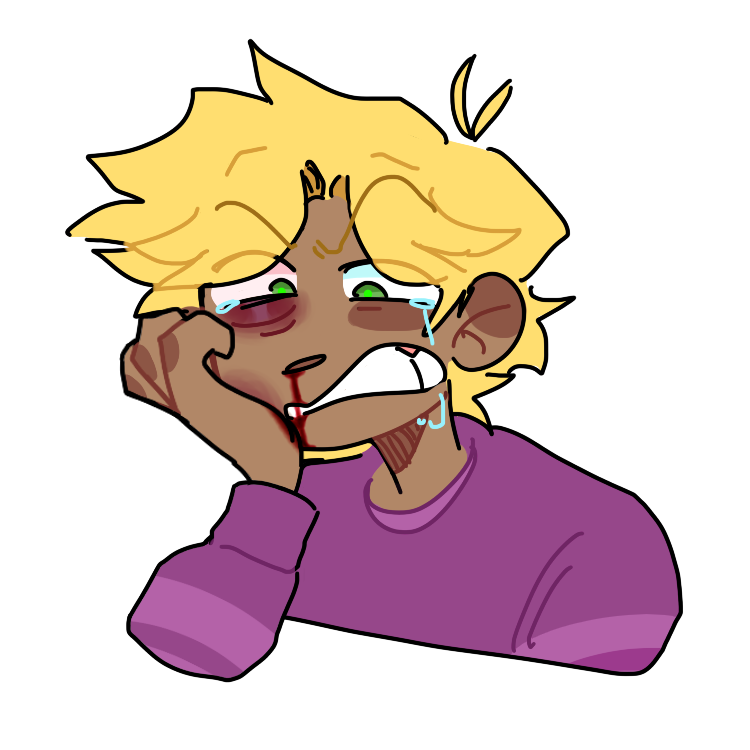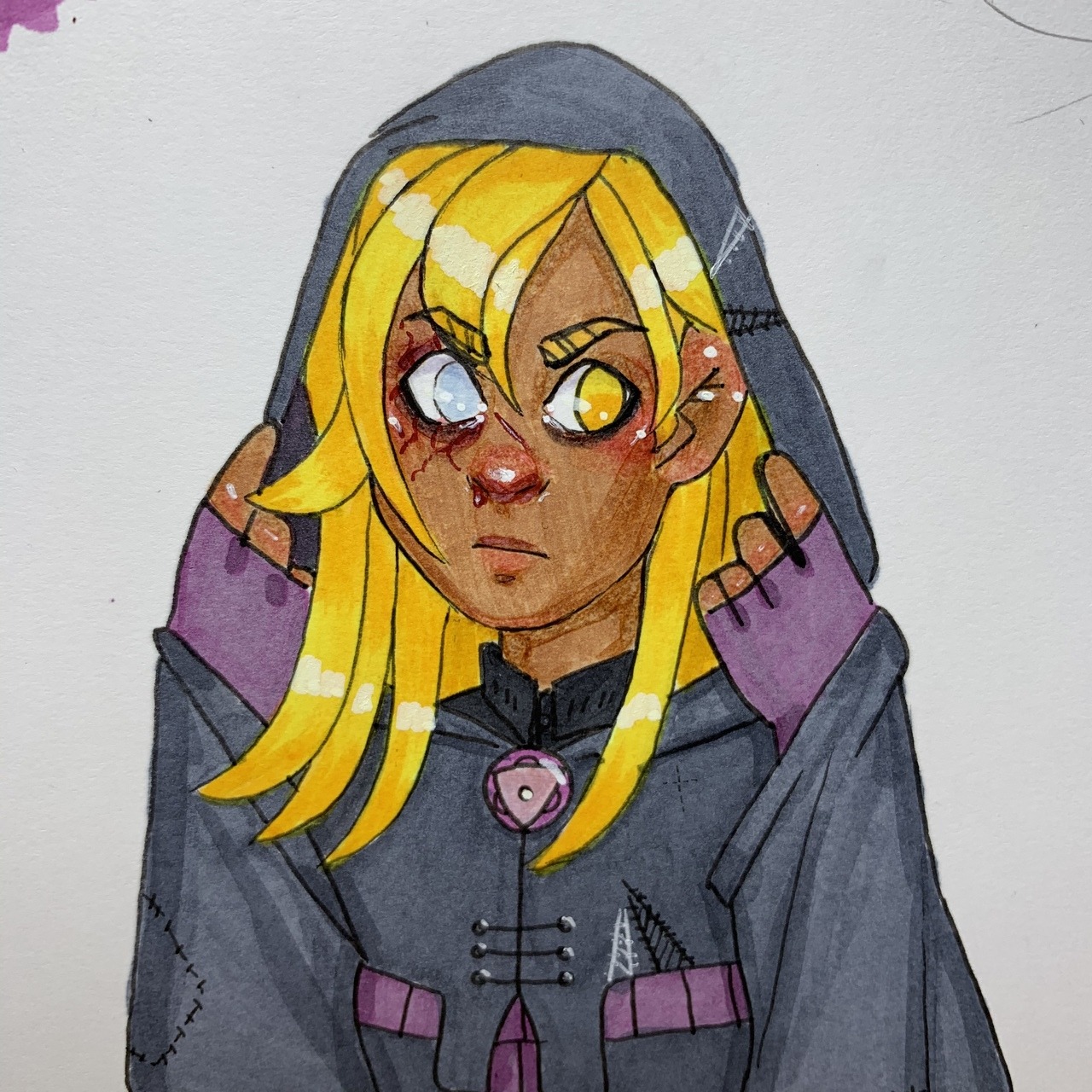
It’s going to take a lot more than a black-and-white Instagram story to fix that. If he wants to “get to the bottom of this,” he doesn’t need the support of the police: he needs a mirror.Īt the end of the day, nine people died. It is almost comical that neither on his Instagram story nor in his Twitter post does Travis Scott ever say the words “I’m sorry.” The closest we get is a mere “I’m devastated” and a commitment to work alongside the Houston Police Department to “get to the bottom of this.” Scott speaks as if it’s some shocking mystery as to why his festival was disastrous when the answer is clear as day. As lame as it seems for an artist to pause their show to reprimand fans, this dilemma ultimately boils down to one simple question: Would you rather be called a “buzzkill” or endanger the people who put your name on the map to begin with? The issue isn’t about whether concert-goers are allowed to have fun rather, it’s about how idols set a precedent for their fans. Likewise, artists thrive off of this energy from their fans. Understandably, when your favorite artist is performing, it is natural to feel overly-excited.

Noticing this issue, A$AP Ferg took matters into his own hands, pausing his set twice to ask students to “move all the way back.” Despite staff members urging students to move back from the stage, their efforts at crowd control were greatly ineffective. This violent surge resulted in a plethora of physical and emotional damage - panic attacks, cuts and bruises, fainting, and more.

At this year’s Lawnparties, many found themselves engulfed in the dangerous mob of students that consumed the backyard of Quadrangle Club.

Did his fans mean the world to him when he was dancing the robot while his fans were on the brink of death?Ĭonversely, a responsible artist should also hold their fans accountable for their behavior. In fact, his actions have been contradicting this sentiment for years. In his apology, Scott claims that “his fans mean the world to him,” but his actions say the exact opposite. Moreover, it shouldn’t matter if the fan is a child or an adult when any artist shows no regard for their fans’ safety, we should really question whether they care about their fans at all. Don’t be scared!” It shouldn’t be any different when those words come from the mouth of a famous rapper - in fact, we should be outraged when anyone, famous or not, puts others’ lives at risk. To those, I pose the question: Would it be okay if a parent was encouraging their child to act dangerously? Many of us would find it appalling if we saw a child dangling from a balcony and heard a parent say, “ gonna catch you. Some argue that it’s unfair to place this burden on celebrities and that they aren’t responsible for the lives of others. When an idol consistently encourages reckless behavior, what they’re saying to fans is, “Hey, this is okay.” Furthermore, many fans are young, impressionable teenagers who may actually think that jumping off of balconies into a crowd or storming a concert is “cool” or “edgy.” While we can remember that these celebrities are humans - they can make mistakes - we must also realize that they are humans with significant influence. Consequently, many Travis Scott fans and music lovers in general have been confronted with a very complex question: What behaviors should we hold artists accountable for? And why? Over the past week, numerous videos from the Astroworld concert have emerged, revealing the sheer terror permeating the raging crowd. So when he goes on Instagram pitifully rubbing his forehead, mumbling his condolences between heavy sighs, how are we supposed to believe him? How can the man who says “ all my real ragers jump the barricade right now” be the same person to claim he “ could never anything like this just happening?” It’s almost as if when you incite violence, you get violence … shocking.

From inciting a riot at his 2017 Arkansas concert to encouraging a fan to jump from the second floor, Scott obviously has no regard for his fans’ safety. In 2017, a fan was left paralyzed after he fell off a balcony which he described as “severely crowded.” It’s clear that Scott is no stranger to casualties - in fact, he instigates them. Previously, Scott has pleaded guilty twice to misdemeanor charges of reckless conduct. In fact, the problem started far before the festival itself. either, when a tsunami of spectators barrelled through the main gate - those are just symptoms of a larger catalyst. The downfall did not begin at the dangerous crowd conditions four hours before Travis Scott’s set or at 9 a.m. How does an event spiral this out of control? While one might be inclined to blame it on a lack of security or the unmanageable energy of the crowd, the casualties were not caused by the heat of the moment.


 0 kommentar(er)
0 kommentar(er)
